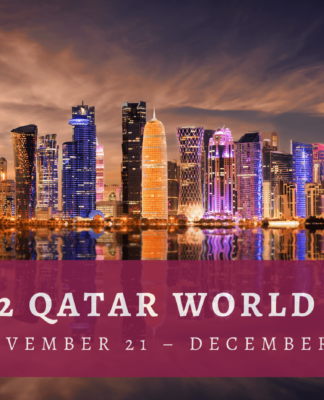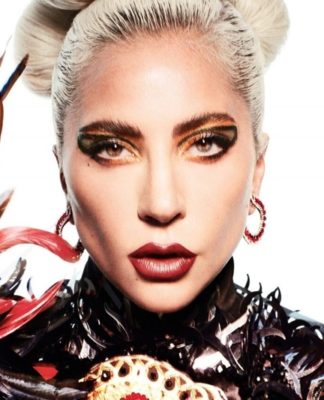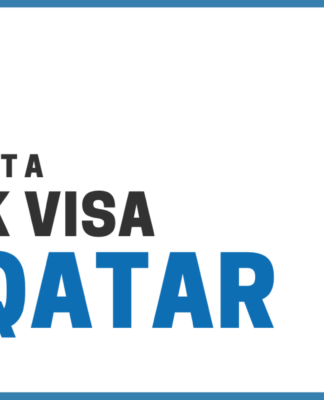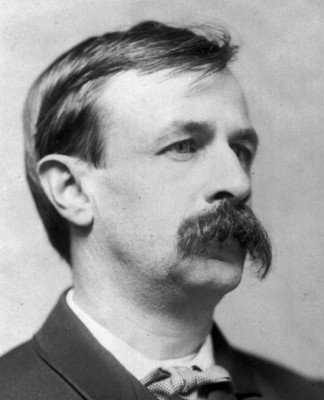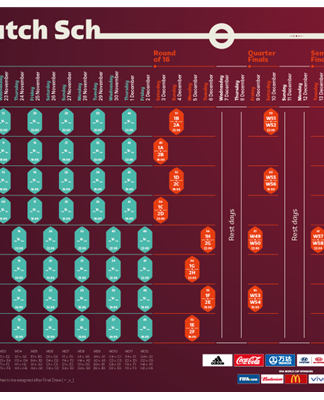POLITICSNETHERLANDS
Germany’s Scholz backs Dutch PM Rutte as next NATO chief
Published 11 hours agoPublished 11 hours agolast updated 8 hours agolast updated 8 hours ago
The leaders of the US and UK have also given their support to the Dutch prime minister, who is seeking to head NATO after Jens Stoltenberg steps down in October.
https://p.dw.com/p/4clCt
Mark Rutte speaking to the media in January
Mark Rutte could be the next NATO leaderImage: Omar Havana/AP/dpa
Dutch Prime Minister Mark Rutte is in a strong position to become the next leader of NATO after he recieved the backing of the United States, the United Kingdom and Germany on Thursday.
“With his immense experience, his great expertise in security policy and his strong diplomatic skills, he is an outstanding candidate,” German government spokesperson Steffen Hebestreit said, adding that Rutte had the support of Chancellor Olaf Scholz.
US President Joe Biden also “strongly” endorsed the Dutch prime minister, according to a US official.
“PM Rutte has a deep understanding of the importance of the alliance, is a natural leader and communicator, and his leadership would serve the alliance well at this critical time,” the official told reporters.
Meanwhile, a spokesperson for UK Prime Minister Rishi Sunak said Rutte was well-respected across NATO and “has serious defense and security credentials.”
A consensus decision
Current NATO Secretary-General Jens Stoltenberg will end his decade-long term in October.
His successor will have to balance the NATO members’ support for Ukraine while guarding against any escalations that would draw the alliance into a war with Russia.
Rutte has been an enduring face in European politics after 13 years as prime minister of the Netherlands — the longest tenure in the country’s history.
He unexpectedly announced his departure from Dutch politics last year but remains in a caretaker role until a new coalition government can be formed following the last election on November 22.
Last year, Rutte told Dutch media that he would be open to the idea of leading NATO, which he called “a very interesting job.”
Aside from Rutte, other hopefuls include Estonian Prime Minister Kaja Kallas and Latvia’s former prime minister and current foreign minister, Krisjanis Karins.
All 31 NATO member states must reach a consensus to decide the alliance’s next leader.
zc/nm (Reuters, dpa, AFP)




















